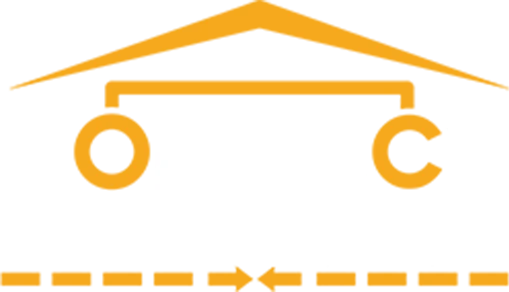We’re in the coldest months of the year, and we
at Connect Heating & Air are here to help get you through them.
We’re your first stop for furnace repairs,
water issues and any home or commercial heating needs you may have,
and our expert team has years of experience
with every conceivable problem you might face.
As a homeowner or building manager, you can help us – and yourself – out on these processes.
There are several common heating issues during wintertime that take nothing
more than a keen eye and a little know-how to spot and solve, and you can potentially save yourself thousands
in expenses if you cut off a potentially larger issue before it becomes too severe.
Let’s take a look at a few of these common issues.
THERMOSTAT PROBLEMS
There are several elements which can mess with a thermostat, most commonly dust or little particles of debris sneaking their way into its sensors. In some cases, this will cause air to distribute poorly, or only to certain areas and not others. The thermostat may also shut off too quickly. Make sure you keep your thermostat clean and as free as possible from dust and other particles.
AIR FLOW ISSUES
So you’ve checked that the thermostat is working, and the furnace is running correctly…but you’re still having major heat issues in certain areas. This could be due to air flow – draft, open windows or faulty insulation can be some of the main culprits here. In some cases, it might just be certain vents which are closed and need to be opened, or vice versa. These simple fixes can often save you hundreds in lost energy costs from heat escaping your walls.
SUDDEN HEAT LOSS
There could be several reasons for a sudden loss of heat. The most common are probably power outages or surges, and there are also times where power may cut off only to your furnace. There could also be issues with your pilot light or ignition system, and this would be the time to call the experts at Connect Heating & Air.
CARBON MONOXIDE
Within this realm, carbon monoxide is the largest risk to you or your family. It can’t be picked up by any of the normal senses, and it can be caused by rust in your furnace’s heat exchanger. The best protection against this is a carbon monoxide sensor, which must be present in all homes with a furnace at least 10 years old – and should be present in all homes regardless, just to be safe.
For these or any plumbing, electrician or HVAC services, speak to the experts at Connect Heating & Air today.

